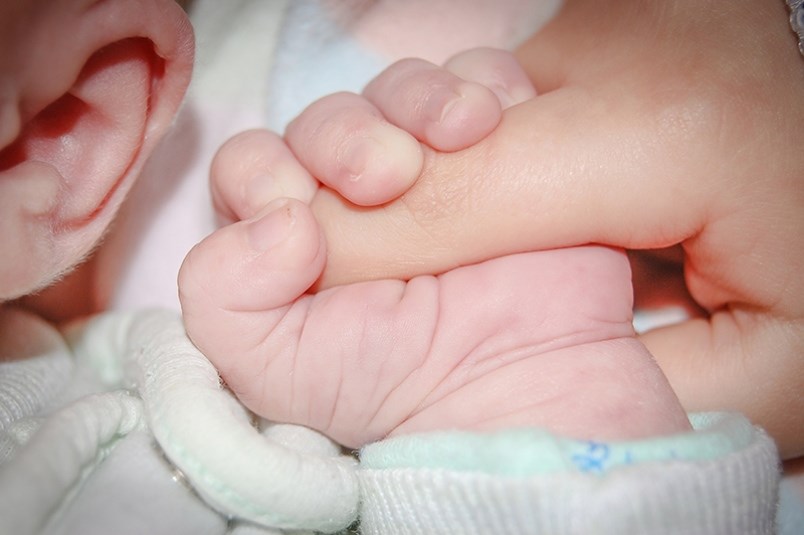The pandemic caused a baby bust, with birth rates not increasing significantly over the last couple of years.
Comparing 2021 and 2020 locally, births are up by just 2.7 per cent according to data given from Guelph General Hospital.
“I think these days it’s far more than a simple choice and I might describe it as a shift from romantic decision making to rational decision making,” said Mary Ann Murphy, associate professor at the University of British Columbia, who specializes in aging and demographics.
Fewer young people in their 20s are even in a couple anymore, said Murphy. People are more likely to want to finish their education and start their career then start a family.
There is also less stigma around women not having children anymore, said Murphy. There needs to be more family friendly policies to instill confidence in people to build their families, she explained.
In a statistics Canada report, 19 per cent of Canadians aged 15 to 49 said they want less children or have children later on because of the pandemic.
“If it’s a major catastrophe like a hurricane or the pandemic, I’d say birth rates won’t go up,” said Murphy.
Unlike other major historical events, the pandemic did not see a baby boom.
Following the Great Depression there was a baby boom between 1946 and 1964, fertility increased by 40 per cent according to a journal article in EconStor. Similarly, to this recent pandemic to the Spanish flu pandemic in 1918, there was a baby bust. This decline in births was attributed to people abstaining from sex due to fear of illness, stated in the Natural History magazine.
“I guess the question might be then, what policies and perspectives need to change to address these historically low birth rates?,” said Murphy.
Nearly all countries have a declining birth rate according to the World Bank. Countries like Italy, Belgium and Japan have had steep drops nine months following the beginning of the pandemic, according to a Pew Research Centre article.
“Once it goes down it’s very hard to get it back up, that’s the problem. For three years running the global average has fallen by 0.41 per cent per year,” said Murphy.
Due to high unemployment rates over the pandemic many families postponed growing their family. It is possible, like the Great Depression, fertility rates won’t bounce back up, according to an article in the Vanier Institute of the Family.
Given the 2022 estimate of births at the Guelph General Hospital compared to last year, the birth rate may go up by 1.7 per cent.
